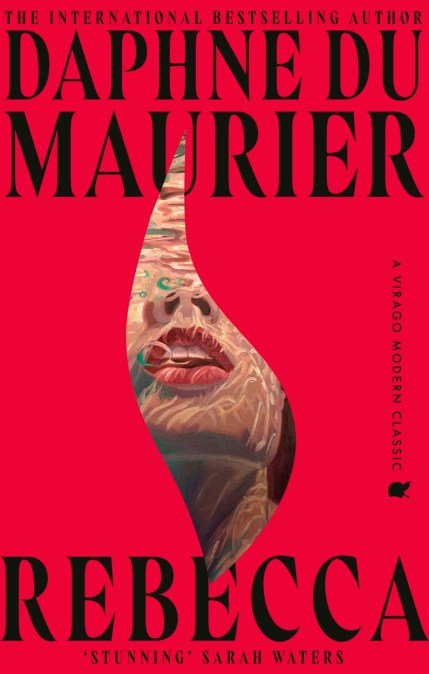# books / Rebecca -- Daphne du Maurier

I enjoyed this psychological gothic mystery. The narrator’s ability to imagine the very worst outcomes so crisply is a skill I own.
I believe there is a theory that men and women emerge finer and stronger after suffering, and that to advance in this or any world we must endure ordeal by fire. This we have done in full measure,
Happiness is not a possession to be prized, it is a quality of thought, a state of mind.
‘Not since Ethelred,’ he said, ‘the one who was called Unready. In fact, it was while staying with my family that the name was given him. He was invariably late for dinner.’
‘Don’t let me keep you,’ he said. ‘Fashions change so quickly nowadays they may even have altered by the time you get upstairs.’
I cling to the family motto. He travels the fastest who travels alone. Perhaps you have not heard of it.’
You will either have to give in, and become a sort of Blaize yourself, or stay as you are and be broken.
I don’t believe this. Strength & kindness are not mutually exclusive. With power, we have the choice.
What hound of heaven had driven him to the high hills this afternoon?
Packing up. The nagging worry of departure. Lost keys, unwritten labels, tissue paper lying on the floor. I hate it all. Even now, when I have done so much of it, when I live, as the saying goes, in my boxes.
In books men knelt to women, and it would be moonlight. Not at breakfast, not like this.
‘I find a little of my family goes a very long way,’
It was very peaceful and quiet. I wondered why it was that places are so much lovelier when one is alone.
I wondered if it was the same in every home, this feeling of exuberance when visitors had gone.
‘She was supposed to be sailing alone?’ I whispered, ‘there must have been someone with her then, all the time, and no one ever knew?’
‘Does anyone know?’ I said, ‘anyone at all?’
The beauty of Manderley that you see today, the Manderley that people talk about and photograph and paint, it’s all due to her, to Rebecca.’
Rebecca was just an interior designer!
I wondered how many people there were in the world who suffered, and continued to suffer, because they could not break out from their own web of shyness and reserve, and in their blindness and folly built up a great distorted wall in front of them that hid the truth. This was what I had done. I had built up false pictures in my mind and sat before them. I had never had the courage to demand the truth. Had I made one step forward out of my own shyness,
no longer afraid of Rebecca. I did not hate her any more. Now that I knew her to have been evil and vicious and rotten I did not hate her any more. She could not hurt me.
Self-assurance, psychological security matters more to us than righteousness or morality.
The Afterword
One way of reading Rebecca is as a convention-ridden love story, in which the good woman triumphs over the bad by winning a man’s love: this version is the one our nameless narrator would have us accept, and it is undoubtedly the reading that made Rebecca a bestseller.
Rebecca is narrated by a masochistic woman, who is desperate for the validation provided by a man’s love – a woman seeking an authoritarian father surrogate, or, as Plath expressed it, a ‘man in black with a Meinkampf look’.